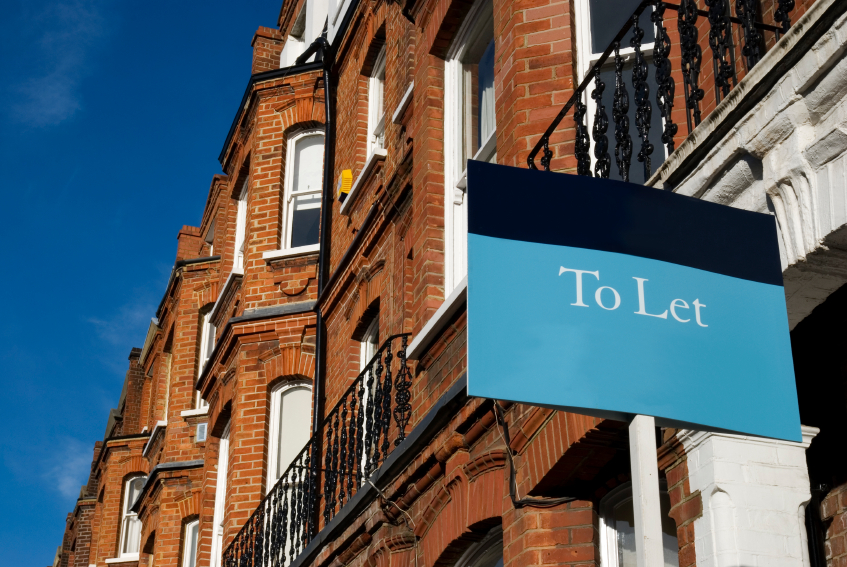Home » Uncategorised »
Surging BTL sector earned landlords £112bn
This article is an external press release originally published on the Landlord News website, which has now been migrated to the Just Landlords blog.

Figures released today indicate that the surging buy-to-let market earned British landlords a staggering £112bn in rents and capital gains over the last year. The findings appear to spell bad news for first-time buyers, with the popularity for investment pushing their dreams of homeownership further away.
Investment
Rising property prices and more condensed mortgage-lending criteria have lead more and more investors to come into the rental market. The report from mortgage lender Kent Reliance showed that landlords in Britain made an incredible £67.2bn in capital gains, with an additional £44.3bn in rent, in the year to March 2015. This combined total was an increase of £5.8bn on same period one year ago.[1]
Ever growing rents are a key contributor to the increase, with particular strong growth in London and the South-East enhancing profits. The figures suggest that landlords are making almost £4bn per month in rental yields from their properties. The average monthly rent grew by 3.9% in the first quarter of this year, to now stand at £832. These figures suggest the largest rise since the Autumn of 2013.[2]
Bright forecast
New pension reforms that came into force last month are likely to bring even more money into the Buy-to-Let sector. Kent Reliance predict that by the year 2020, the total number of rental properties will by 5.5m, which would represent about 20% of all homes.[3]
The Office for National Statistics and Land Registry’s latest figures show that landlords now own properties with a total value of £990.7bn. This is more than three and a half times the £262bn what the sector was worth in 2001.[4]
Andy Golding, chief executive of OneSavings Bank, owner of Kent Reliance, feels that, ‘buy-to-let has come of age, moving from a niche asset class to one big enough to rival the stock market.’ He thinks that, ‘landlords are seeing the benefit of a structural change in Britain’s housing market, with tenant demand ever strengthening.’[5]
He acknowledges that, ‘house prices are showing signs of steadying somewhat,’ but says that, ‘growth remains brisk.’ Golding also states that, ‘long-term price inflation is not in danger, given the gaping chasm between growing demand for housing and the number of houses being built each year.’[6]
Concluding, Golding said, ‘combined with the dearth of high LTV lending to first-time buyer, this will continue to buoy demand for rental accommodation as well as landlords’ returns and the sector will continue to expand.’[7]
[1] http://www.theguardian.com/money/2015/may/28/booming-buy-to-let-112bn-landlords





